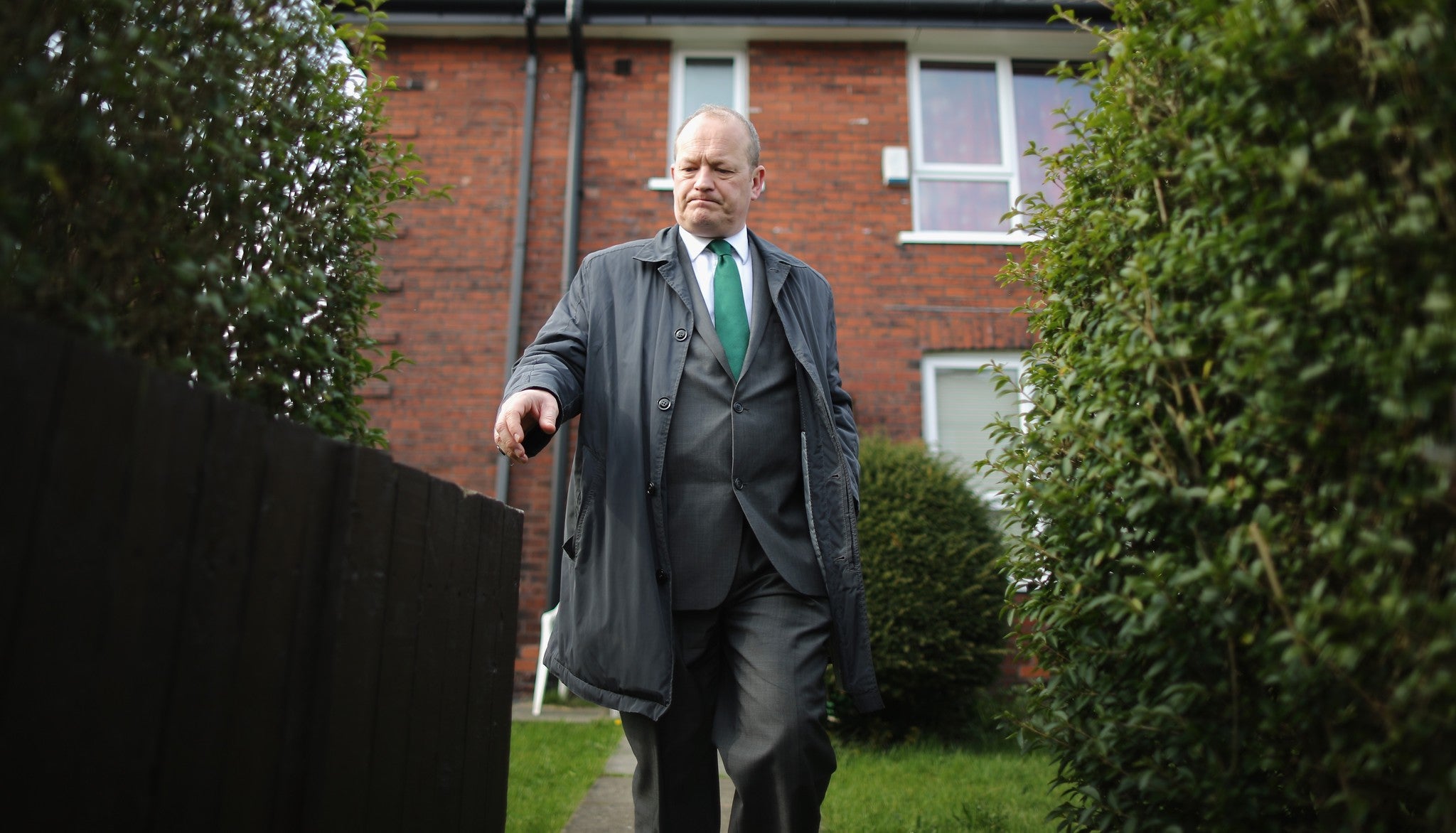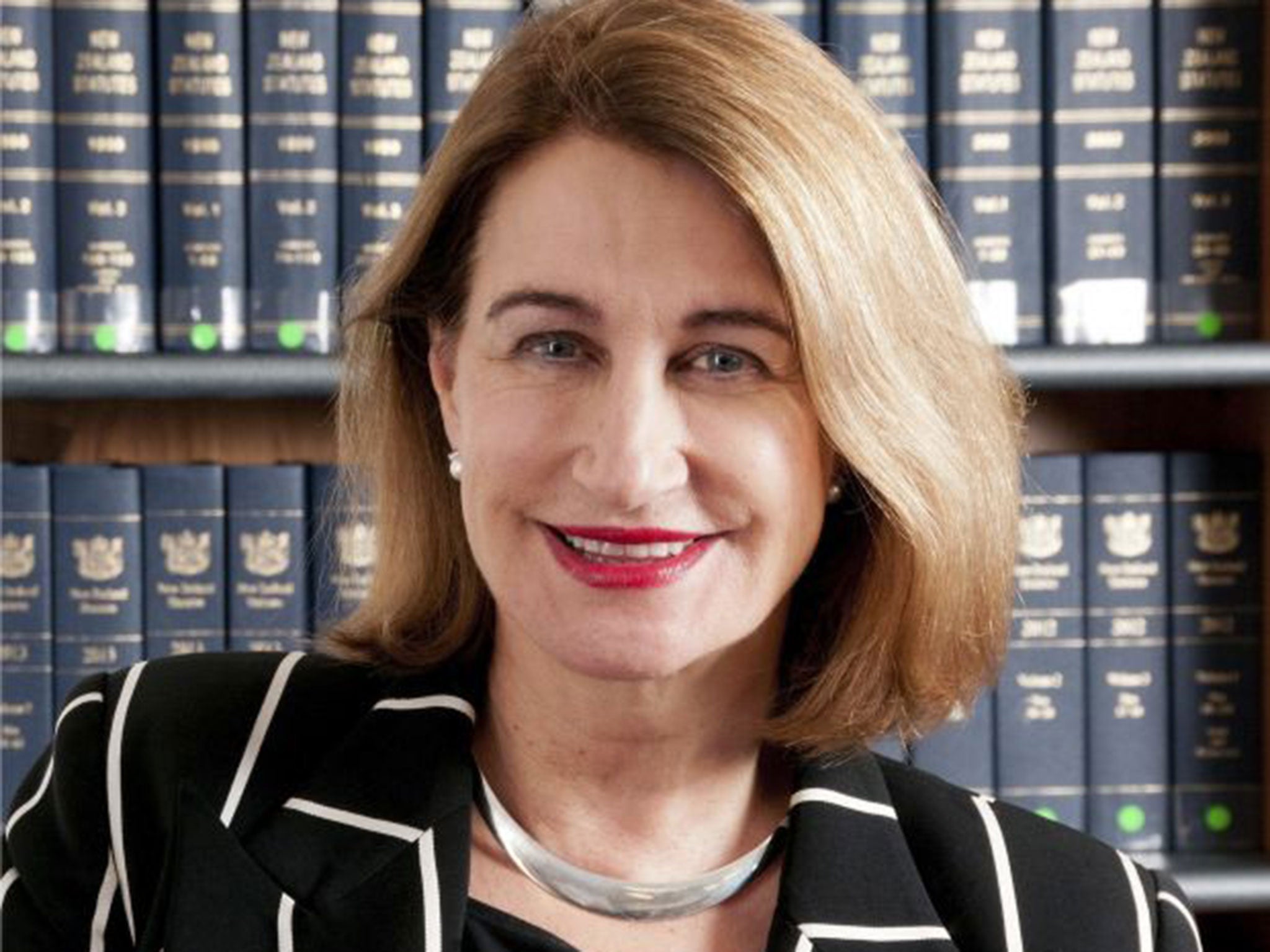Paedophelia investigators warn VIP sex abuse inquiry that job can 'drive you mad'
As the child abuse campaigner Simon Danczuk MP reveals the personal cost of his work and the Goddard inquiry begins, Paul Gallagher talks to those on the front line of the battle against paedophilia about how they coped with the job's horrors

The Rochdale MP Simon Danczuk may have received most media attention in the last few weeks because of his highly public separation from his wife Karen. But members of the Government's independent inquiry into whether public bodies allowed decades of child abuse to go unpunished would do well to take note of one of the underlying reasons for his marriage difficulties.
The MP revealed this week that his work on tackling child sex offences – in particular the effect of listening to victims' stories for so long – had left him depressed and feeling suicidal. He said he was stepping back from campaigning in order to seek help for the condition, which he said had affected his marriage.
Now, with Justice Lowell Goddard's inquiry starting work this week – and set to last at least five years – the head of Scotland Yard's child sex offences unit and Europol's chief of staff have stressed how vital counselling and professional help are to the welfare of anyone investigating child abuse.

Detective Inspector Philip Royan has worked in Scotland Yard's Sexual Offences, Exploitation and Child Abuse Command since October 2012, overseeing what is known as the “paedophile unit”. His team's primary targets are those distributing paedophile images and people who groom children, abusing them online or meeting and physically abusing them.
“One group of officers who spend most of their time categorising imagery ready for court are exposed to quite high levels of imagery,” DI Royan said. “Or there are those going through the front doors of paedophiles' homes conducting searches and interacting with their families.
“They all volunteer. You can't push a person into this role. To try and offset the impact of the distressing work, pre-selection vetting occurs and ongoing from that is that we have a system in place involving a number of visits to a psychologist every year, depending on their role and exposure primarily to graphic material and cases. From that we monitor the impact and make adjustments depending on what the psychologist says.”
Brian Donald, a former detective in the serious crime division and now Europol's chief of staff based in The Hague, stressed how committed investigators were.
“They work long hours, they feel they can't do enough for these people they have never met or seen other than in very horrible situations. That's the type of thing that can lead to burnout if you're not careful. The work is very challenging, very interesting and very rewarding, but it's not the sort of thing someone says, 'I'd love to that'.”
Having been on the inquiry team that investigated the 1988 Piper Alpha disaster – when 167 oil rig workers lost their lives – Mr Donald also knows how important counselling can be. “I saw some horrendous things, working in the body recovery team. Counselling was insisted upon. We were big detectives who didn't want it but I think we all appreciated it.”
Ian Pace, a leading campaigner who has been closely involved with the direction of the Government's inquiry, first came face-to-face with child abuse during the trial of Michael Brewer, the director of music at his former boarding school, who was jailed for six years in 2013 for sexually abusing a pupil.
Mr Pace, a City University London music lecturer, subsequently hosted a petition for an inquiry into abuse at elite music schools that led to hundreds of people contacting him with terrible stories of their experiences.
“This has been a major part of my life since early 2013. Nothing prepares you for the personal impact of this. The experience of regular exposure to harrowing stories, and direct communications with survivors, can be overwhelming and traumatising.
Mr Pace, who said he regularly saw a therapist, added: “I do not envy what those serving on the national inquiry will go through in the next five years, and have the highest of respect and admiration to them for doing this. These people are human beings who will be confronted daily with some of the most distressing information anyone could imagine.”
Kelly Alleyne, a child protection manager at the National Crime Agency's CEOP Command, formerly the Child Exploitation and Online Protection Centre, has spent the past 10 years dealing with child abuse investigations. She has worked within the Victim Identification team, looking at images of child sexual abuse trying to identify and locate victims and offenders. She said: “You don't know how you'll react to these kinds of images until you start the job. It can be very distressing and that can impact on you.”
Ms Alleyne said there had been times over the past decade when she had had to take a break from her work, as she did when she was pregnant with her second child. “I think if viewing these images didn't impact on you there's got to be something wrong,” she said.
Ms Alleyne said she has never wanted another role. “You are looking at these images for a purpose – to safeguard children. The most brilliant thing about the job is finding that child.”
